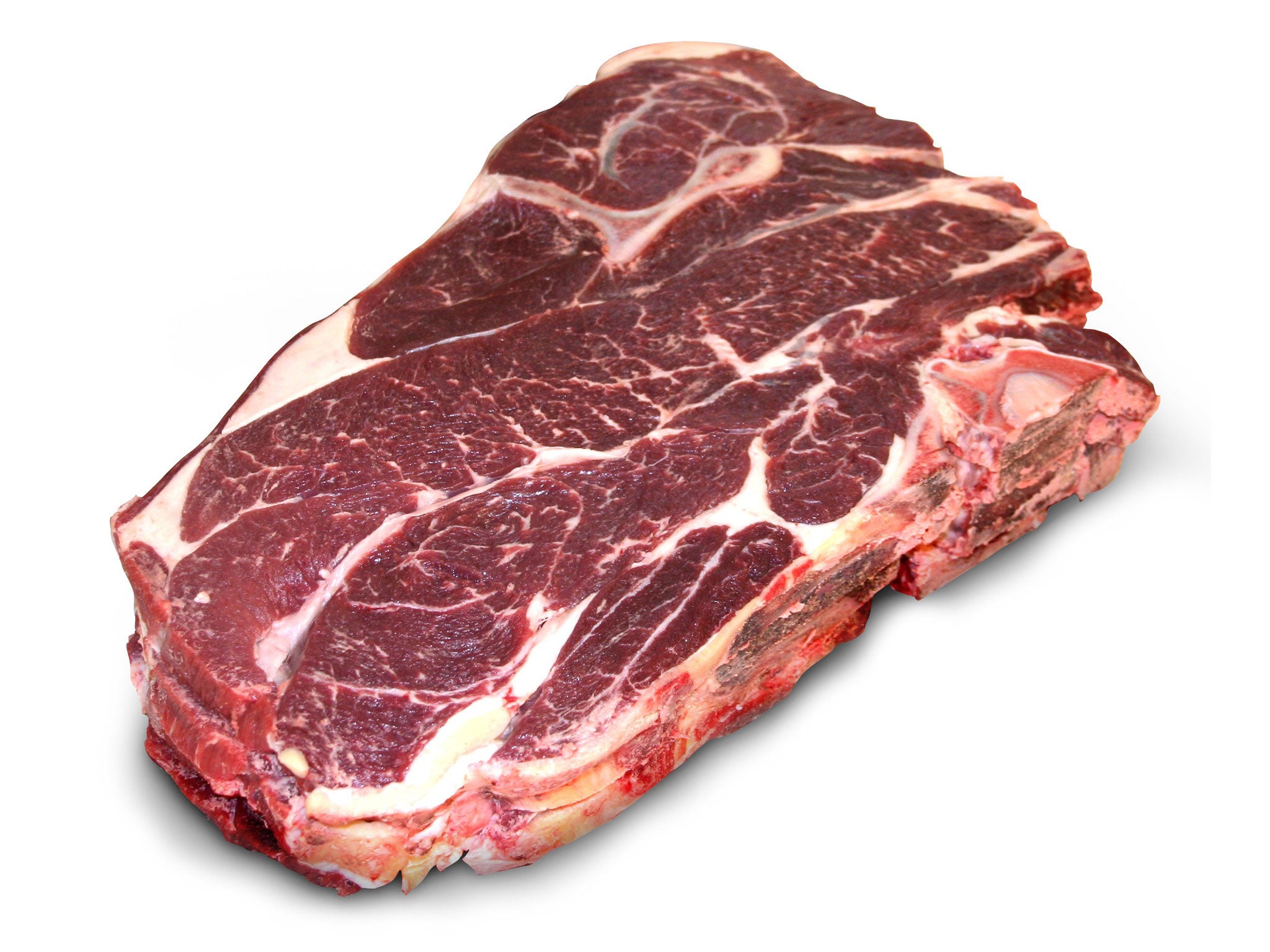Meat is a treat – MPs' advice to the public as global food shortages loom

Your support helps us to tell the story
From reproductive rights to climate change to Big Tech, The Independent is on the ground when the story is developing. Whether it's investigating the financials of Elon Musk's pro-Trump PAC or producing our latest documentary, 'The A Word', which shines a light on the American women fighting for reproductive rights, we know how important it is to parse out the facts from the messaging.
At such a critical moment in US history, we need reporters on the ground. Your donation allows us to keep sending journalists to speak to both sides of the story.
The Independent is trusted by Americans across the entire political spectrum. And unlike many other quality news outlets, we choose not to lock Americans out of our reporting and analysis with paywalls. We believe quality journalism should be available to everyone, paid for by those who can afford it.
Your support makes all the difference.British people should eat less meat and retailers and food producers should be penalised for wasting food, according to a hard-hitting new report that warned the UK is “never more than a few days away” from a significant food shortage.
MPs on the International Development Committee will today urge the government to step up its efforts to dramatically cut the amount of food that is thrown away – estimated to be nearly a third of the amount produced globally.
Sir Malcolm Bruce, chair of the committee, said: “With the UK never more than a few days away from a significant food shortage, UK consumers should be encouraged over time to reduce how often they eat meat.”
“There is no room for complacency about food security over the coming decades if UK consumers are to enjoy stable supplies and reasonable food prices,” he added.
In its Global Food Security report, the committee also called on the UK to investigate whether it should use domestic stockpiles to protect themselves from price shocks in the future.
Sir Malcolm urged the government to launch a national consumer campaign to persuade people to reduce the amount of food they wasted and said it should set UK food producers and retailers tough targets to curb waste with “clear sanctions” if they miss them.
Global meat consumption is soaring as the growing middle class populations of rapidly developing countries such as China and Brazil demand increasing quantities of meat. The report warns that the rise is unsustainable and says that in the longer term, the focus should be on pasture-fed, rather than on grain-fed, livestock with meat promoted as an occasional treat rather than an everyday staple.
The report also warns that the rising world population, expected to increase from 7.1bn today to 9.3bn by 2050, will continue to heap pressure on the food supply.
MPs also suggest that some biofuels, which can be produced by the fermentation of some crops or by using fats, are having a significant impact on food security by driving food prices higher and making them more volatile. Furthermore, in some cases they may be even more damaging to the environment than the fossil fuels they are meant to replace, the report said, for example if forests have to be cleared to make room to grow them.
“Biofuel crops not only displace food crops but are in some cases providing energy sources that are potentially more damaging to the environment than fossil fuels,” Sir Malcolm said.
We have seen two notable ‘shocks’ or ‘spikes’ in global food prices in recent years, with price peaks in June 2008 and February 2011, the report said
Join our commenting forum
Join thought-provoking conversations, follow other Independent readers and see their replies
Comments